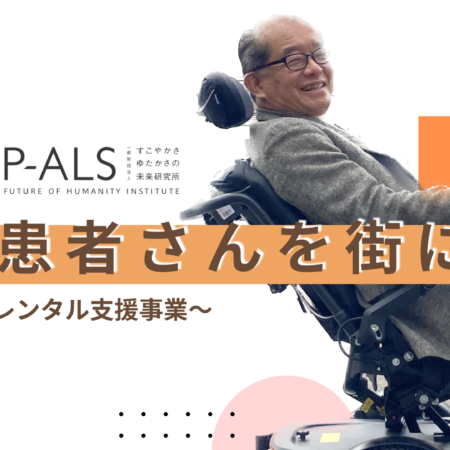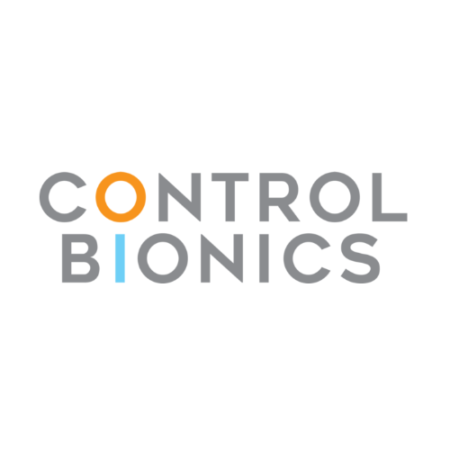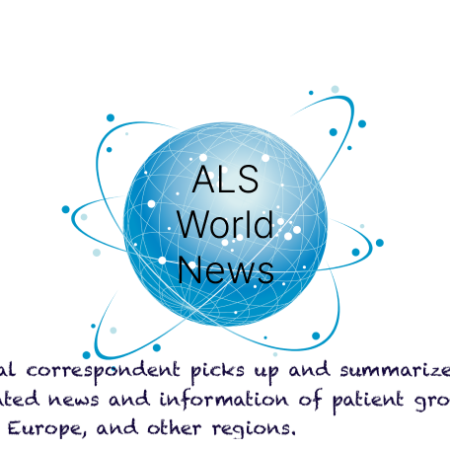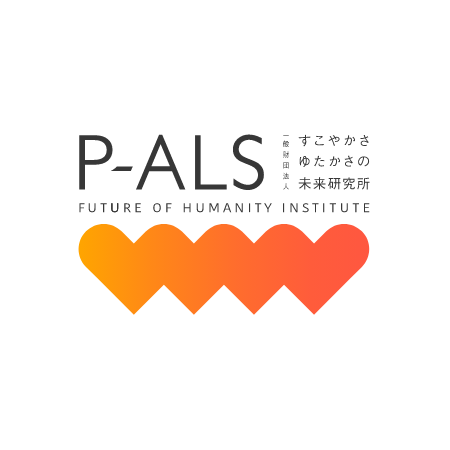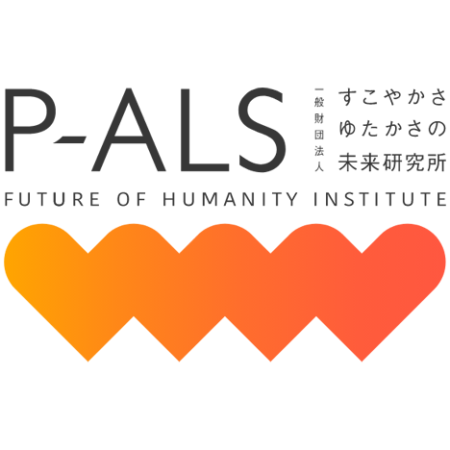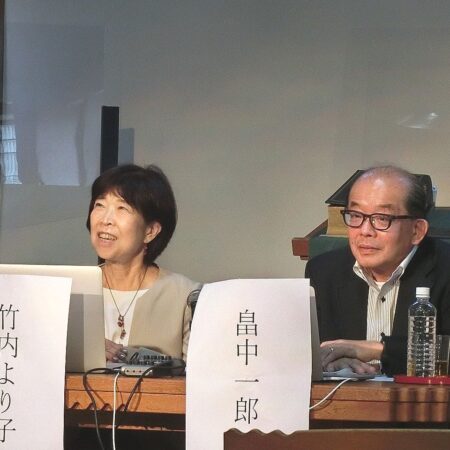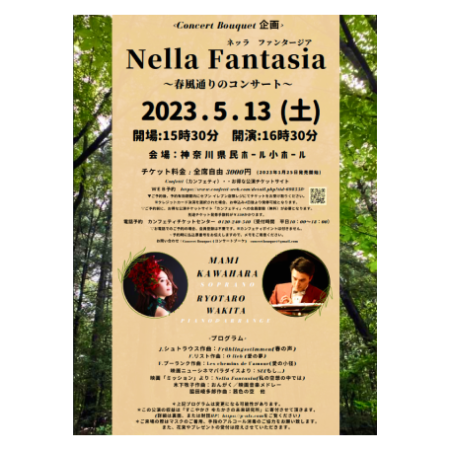Future of Humanity Institute celebrated its second anniversary on August 4, 2024. It was on August 4, 2021, that Ichiro Hatanaka, our Representative Director, was diagnosed with ALS. This diagnosis let the Institute to be established with a mission to live with those who are ill in the remaining time of their lives.
Since then, the Institute has grown each year with unexpected connections and support. Fortunately, Ichiro’s disease has progressed relatively slowly, and his use of an electric wheelchair has allowed him to maintain a certain degree of freedom of movement, so he has been able to go out and give talks in any area when he is called upon.
During the past year, we have received numerous requests for talks and interviews from various companies, local governments, schools, and churches. Our message of “survive and thrive against intractable diseases” seemed to reach not only patients and their families, but also those who live in a materially affluent society but still cannot find the meaning of life, and we were able to gain the endorsement of many and deepen our collaboration.
In addition to the “Electric Wheelchair Rental Support Project” and “Eye-tracking Conversation Assist Device Development Project,” which were launched last year, the Institute will soon release a new “Voice Bank (tentative name)”, which is a mechanism for ALS patients to save their own voices. This will enable ALS patients to communicate using their own voices even after a tracheotomy, contributing greatly to the improvement of their wellbeing. At present, our plan is to make this mechanism available to the public free of charge.
“Invincible Summer,” a documentary film about an ALS patient we met in France last summer, has been screened steadily in various locations throughout Japan. After watching the film, patients and their families have given us feedback saying that the film has given them the courage to overcome their illness, as well as those who are facing problems and difficulties have said that the film has given them an opportunity to reflect on their lives.
We hope to continue to develop activities that will support patients and their families in cooperation with various people, aiming to carry out activities that are unique to us.
The Institute is concerned about the recent tendency of people giving up on life easily as well as of not respecting the will of those who want to live strongly despite their illness. The decision of how to live is ultimately left to the individual, but we are committed to communicating that it is possible to live a positive life even with an incurable disease, so that this decision will not be clouded by biased thinking or a lack of understanding from the public.
We would be grateful for your continued understanding and support of our activities.

